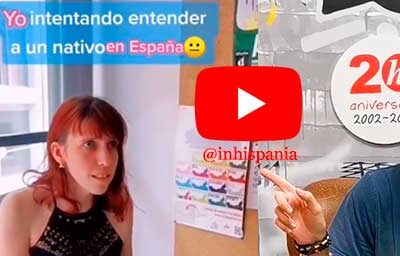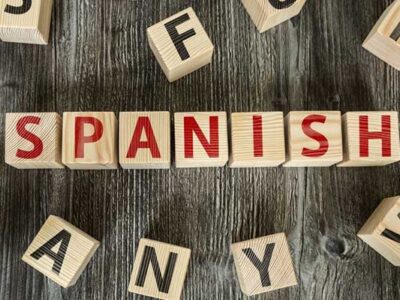Knowing expressions used in the most colloquial registers can be very useful for language learners.
Today, I will talk to you about different expressions and words from Spanish slang. They are used by a specific group of people who share a culture and even help the members of these groups feel more integrated and united. Since language is alive, many words that young people use today may disappear in the future, as there is a constant renewal of language. However, not all expressions disappear; some become very common and are passed down from generation to generation.
I will teach you some colloquial expressions, used in spoken and more informal registers, focusing on youth slang. I will also explain some of the most common colloquial expressions that you might hear in a conversation and that would be useful to recognize.
YOUTH SLANG
It is common to hear two friends greeting each other in the street by saying: “Hola, tío. ¿Qué pasa?” (“Hey, dude. What’s up?”)
Although “tío” can refer to a family member (uncle), it is also used to refer to a friend. It’s a very informal use, mostly used by young people.
We also find the phrase “¿Qué pasa?” It is used as a synonym for “how are you?” in informal contexts.
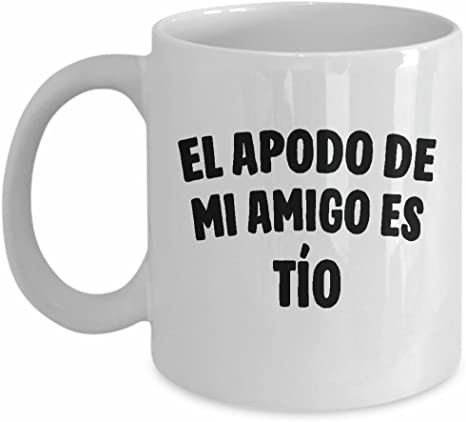
Another word that is widely used nowadays is “Molar”. This verb is used to express that you like something. Saying that something “me mola” means that you “like it”.
However, you will also frequently find people saying that something “mola”. This form is used to indicate that something is cool or awesome.
Similarly, the word “guay” is used. When a Spaniard says something is “guay”, they are saying it’s cool, awesome, or “great”.

Another example of slang is “pasta”; in some contexts, speakers are not referring to food, but use it as a synonym for money, again in informal registers.
Here are some examples of how to use these words:
- This song is cool (es genial), I recommend it to you.
- Would you like to go to the cinema to see a movie?
Yes, I’d love to (me molaría), but I don’t have enough money (pasta). - Today I’m going to the cinema with my partner.
How cool! (¡Qué guay!) - Your new t-shirt is really cool (muy guay).
COMMON COLLOQUIAL EXPRESSIONS
Next, I’ll show you some informal expressions that can be a bit confusing for foreign students because their meaning is not easy to guess.
The first one is “Meter la pata” (to put your foot in it). We use this expression when we say something we shouldn’t have, that is, when we make a mistake or a blunder.
“Tener buena pinta / tener mala pinta” (to look good / to look bad) is a phrase you’ll surely hear often. It’s used to say that something seems good or bad to us, when talking about projects, food, etc. If you’re in a restaurant and a dish looks delicious, you can use the expression and say “este plato tiene buena pinta” (“this dish looks good”).
“Estar hecho polvo” (to be worn out) is another very useful expression that means you are very tired. If you’ve spent the whole day working or studying, when you get home you can say “estoy hecho polvo”, which is equivalent to saying “I’m very tired” or “I’m exhausted”.
“Pan comido” (piece of cake) is an expression we use to indicate that something “is very easy.” If you leave an exam thinking it was very easy and you did great, you can say “¡El examen era pan comido!” (“The exam was a piece of cake!”).
The last expression is “Dar la lata” (to be a nuisance), which is very common and means “to bother someone.” When someone annoys us or doesn’t stop bothering us, we say that person is “dando la lata”.
Here are some examples of how to use these expressions:
- I spent the afternoon at the gym, I’m worn out (estoy hecho polvo).
- Studying for a degree is not a piece of cake (no es pan comido).
- Well, don’t start being a nuisance (no empieces a dar la lata), I’m very busy.
- That cake looks really good (tiene muy buena pinta).
- I told your secret, sorry, I put my foot in it (he metido la pata).
EXPRESSIONS WITH COLORS
In Spanish, you’ll also find many colloquial expressions that use colors. Some very important examples are:
Ponerse rojo: To turn red; happens when we are very embarrassed, angry, tired, etc.
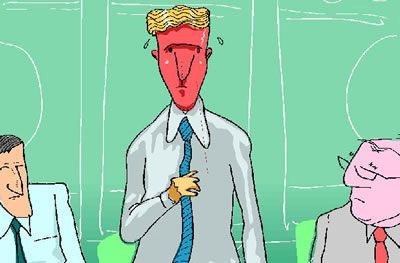
Quedarse en blanco: To go blank; to be lost for words.
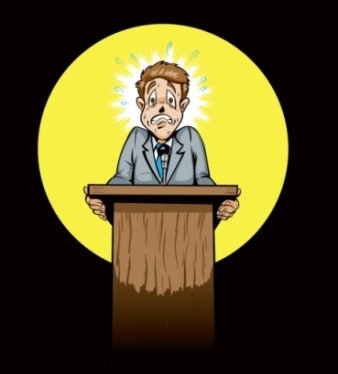
Media naranja: Your soulmate; the perfect person for you.
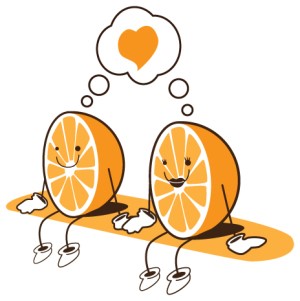
Poner verde: To badmouth someone.
Ponerse morado: To eat too much; to stuff yourself.
Some example sentences using expressions with colors:
- They ordered several pizzas because they thought they’d stuff themselves (ponerse morados).
- She always badmouths her sister (pone verde), she can’t stand her.
- I love you so much, you’re my soulmate (media naranja).
- I turned red (me puse rojo) from embarrassment when I fell in front of everyone.
- The politician didn’t know what to say, he went blank (se quedó en blanco).
EXPRESSIONS WITH ANIMALS
There are also many of these expressions with animals. Here are four rather curious ones:
Ser un gallina: To be a chicken; to be a coward.
- Let’s watch a horror movie, don’t be a chicken (no seas un gallina).
Estar como una cabra: To be crazy; to act strange.
- Don’t mind my friend, he always says silly things, he’s crazy (está como una cabra).
Por si las moscas: Just in case.
- I’m going to lock the room, just in case (por si las moscas).
Ser mono: To be cute, adorable.
- Cats are very cute (son muy monos), I’ve always wanted to have one.
In Spanish, you’ll find lots of colloquial expressions that you can learn little by little. If you’re interested in learning more, you can search online—there are many interesting lists!

